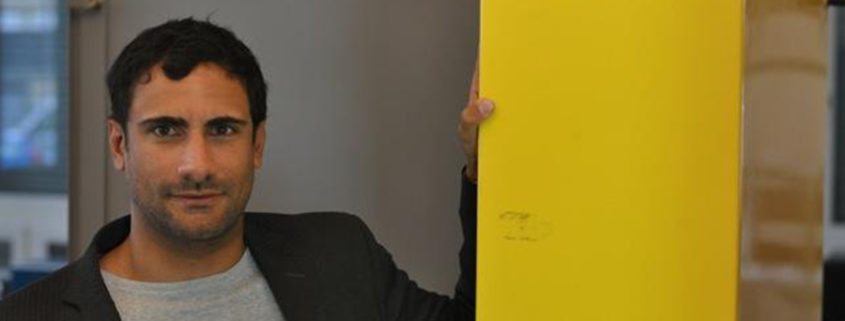« The pressure during fundraising can reach unhealthy levels »
Interview with Rico Chandra, CEO & Co-founder of Arktis.
What do you do?
We detect radiation signatures from shielded nuclear materials such as plutonium and uranium. Our technology enables you to detect and differentiate weak radiation signature from the natural background radiation. That’s very important in the field of security. If you are not good at making that distinction you have a lot of false alarms.
How did you get to do what you are doing today?
I studied physics at ETH and later completed my phD at CERN where I worked on a technology for studying dark matter in the universe. This technology lies at the heart of Arktis radiation detectors.
Who are your customers?
We started out as a security pure-play; our clients include the US Department of Defense, Homeland Security, and the UK Atomic Weapons Establishment. Recently we have also expanded into private industry. For example, we just installed a radiation portal monitor at a steel mill in Europe. The private industry is increasingly going to be a growth-market for us.
How much funding have you raised and did you find your investors in Switzerland or abroad?
In our last financing round we raised $10m. A significant fraction of our funding comes from Switzerland.
How did you experience the fundraising process?
I experienced raising financing as a very time consuming process. The pressure experienced by an entrepreneur during fundraising can reach unhealthy levels.
If you could start the company all over again, would you startup in Switzerland?
For the the industry we operate in, there are several reasons why the US would be the location of choice. That said, Switzerland offered us many advantages, including access to talent and cutting edge research centers like CERN and ETH Zurich.
What’s the vision for Arktis?
We want to make the world a safer place. We want to do this by providing the detection technologies that enables not just governments or professional specialists to detect nuclear radiation, but also everyday users. We see it as one big market and we want to take a leadership position in it.


